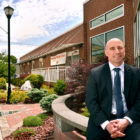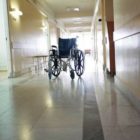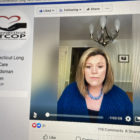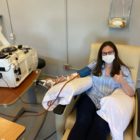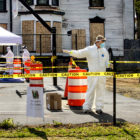Nursing Homes
Whether By Luck Or Safety Protocols, Some Nursing Homes Remain COVID-19 Free
|
The coronavirus has decimated many of the nation’s nursing homes, where elderly, chronically ill residents account for 64% of Connecticut’s death toll of 4,201 and rising. They are roughly 100 times more likely to die of the virus than other people in the state. So, the fact that some 41 of Connecticut’s 214 nursing homes have managed to keep out the virus, according to an analysis by C-HIT, is both remarkable and mystifying. Did they just get lucky? Administrators at several COVID-19-free facilities use the word “fortunate” to describe a situation they acknowledge could change at any time.
